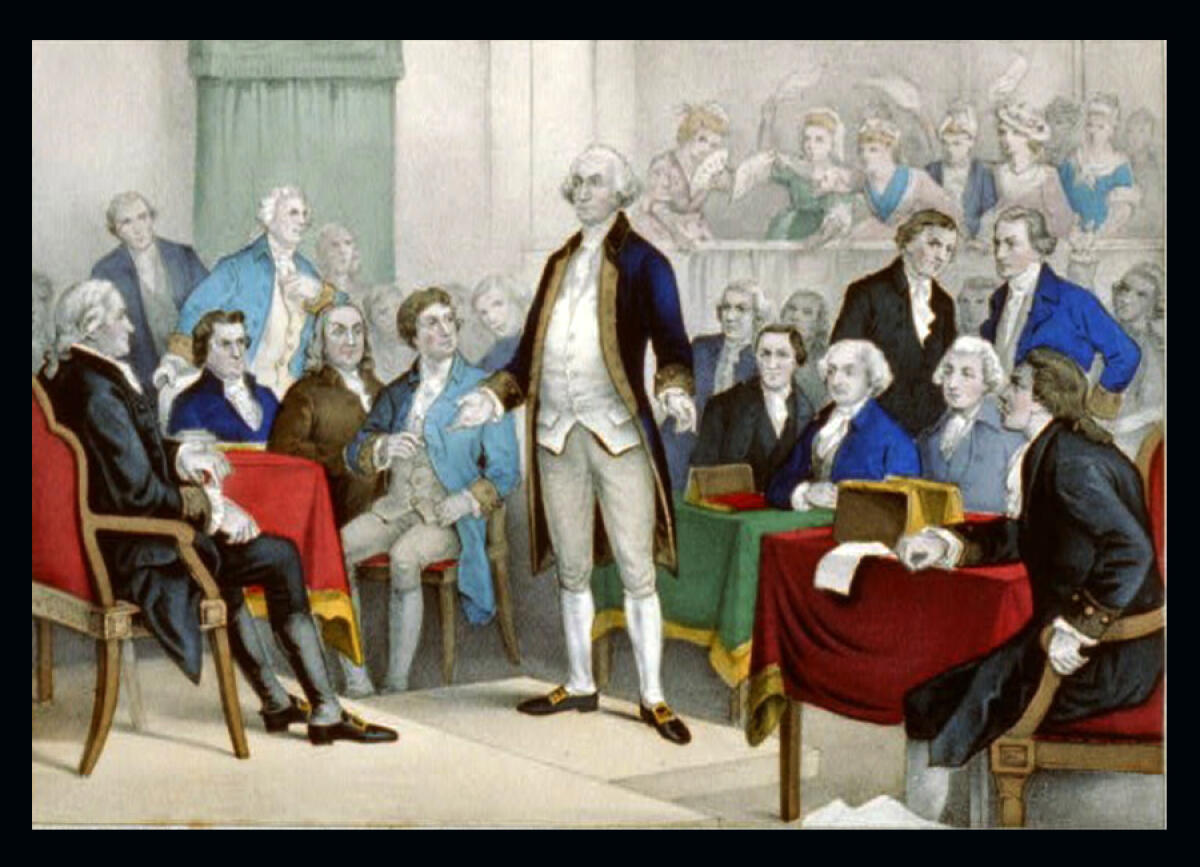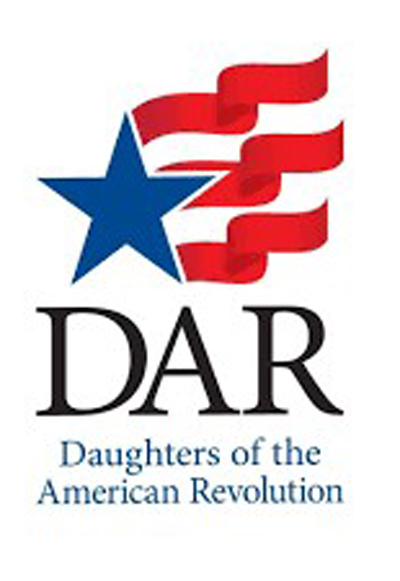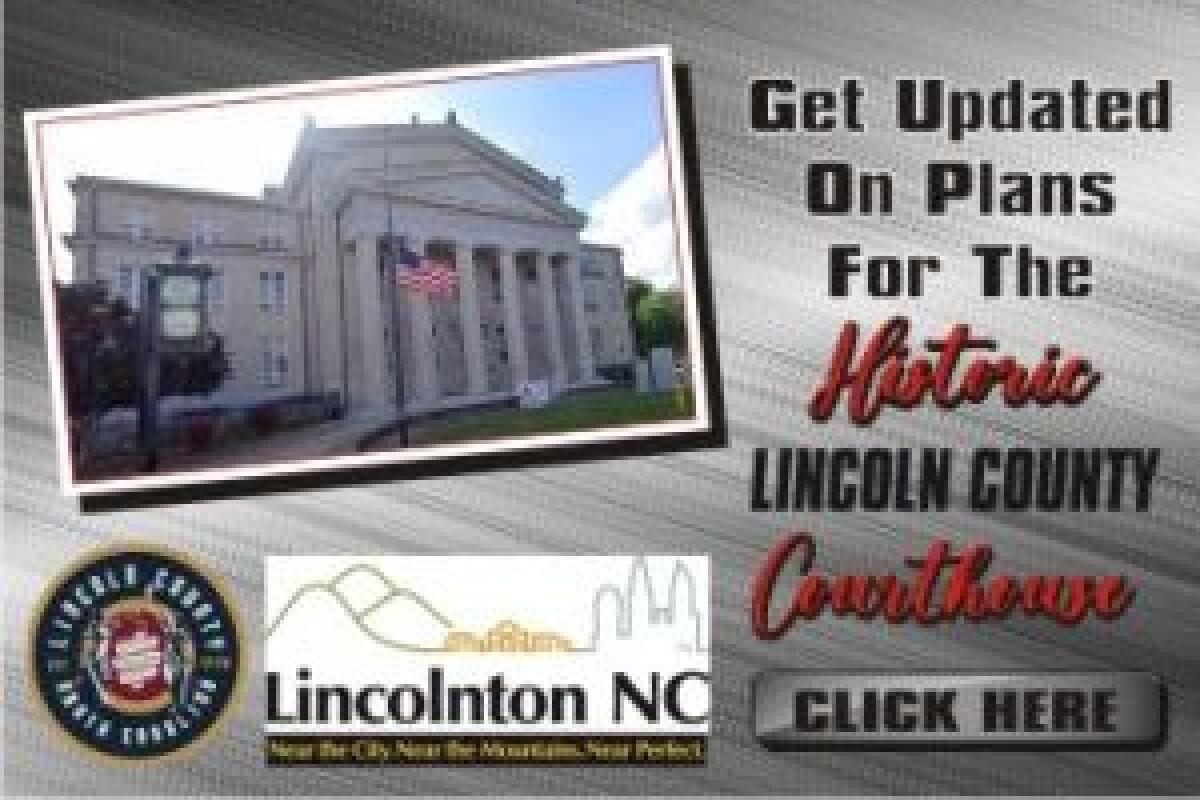- Monday, 2 February 2026
- Have a HOT TIP? Call 704-276-6587 or E-mail us At LH@LincolnHerald.com
The Beginnings Of Self Government

(Image Source: Currier & Ives Collection, Library of Congress, Neg. No. LC-USZC2-3154)
In this, another in the series of articles from the SAR and DAR leading up to America's 250th birthday in 2026, we learn more about the beginnings of self government in North Carolina.
Officially, Josiah Martin served as North Carolina’s Royal Governor in 1774. However, the citizens of North Carolina, like many of the colonies, no longer thought that this was not working. A plan was forming to be organized as a single entity that would eventually become the United States…
In 1774, the British Parliament had passed a series of laws collectively known as the Intolerable Acts, with the intent to suppress unrest in colonial Boston by closing the port and placing it under martial law. In response, colonial protestors led by a group called the Sons of Liberty issued a call for a boycott. Merchant communities were reluctant to participate in such a boycott unless there were mutually agreed upon terms and a means to enforce the boycott’s provisions. Spurred by local pressure groups, colonial legislatures empowered delegates to attend a Continental Congress which would set terms for a boycott. While the colony of Connecticut was the first to respond, they were not alone for long.
Beginning August 25th, a group of 71 delegates from 30 of the 36 counties and 6 of the 9 boroughs in North Carolina met in New Bern at the First Provincial Convention at the Craven County Court House. John Harvey would serve as their moderator. Separate from the North Carolina colonial Assembly and without the Royal Governor’s consent, it was the first such Congress conducted in the American colonies in defiance to Crown authority.
While the delegates voiced their allegiance to the Crown, they made it clear through their resolutions that they expected the rights granted to all British citizens under the British Constitution, especially full representation in government affairs. The Congress adopts resolutions that:
· Denounced laws that persecuted Massachusetts
· Avowed colonists’ rights as Englishmen
· Endorsed the proposal for a Continental Congress to be held, and selected William Hooper, Joseph Hewes and Richard Caswell as delegates
· Adopted a nonimportation agreement against any East India Company or British manufacturers’ goods after January 1, 1775, unless the laws were rescinded
· Adopted a nonexportation agreement that stipulated that no exports of tobacco, pitch, tar, turpentine or any other article to Great Britain unless American grievances were redressed before October 1, 1775
· No commerce with anyone who does not abide by the results of the Continental Congress to be held in Philadelphia
· Adopted the principle of voting by counties and towns to resolve differences with representation of 5 delegates each.
· Ordered no outside purchase or importation of slaves in North Carolina after November 1, 1775
· Established county committees of safety to execute and monitor adherence to the resolves
The First Provincial Congress initiated the erosion of Royal authority in North Carolina as their thoughts shifted from “restoring their rights as Englishmen” to “governing themselves as independent Americans.”
William Hooper, Joseph Hewes and Richard Caswell headed to Philadelphia to represent North Carolina at the First Continental Congress which began on September 5th. The First Continental Congress was a meeting of delegates from 12 of the 13 American colonies that took place in Philadelphia, Pennsylvania from September 5 to October 26, 1774. (Georgia was the only colony not represented.) The delegates met in Carpenters' Hall to discuss the future of America in the face of increasing British aggression.
On October 20, the Congress adopted the Articles of Association, which stated that if the Intolerable Acts were not repealed by December 1, 1774, a boycott of British goods would begin in the colonies. The Articles also outlined plans for an embargo on exports if the Intolerable Acts were not repealed before September 10, 1775.
The next day, the delegates approved separate statements for the people of Great Britain and the North American colonies, explaining the colonial position, and on October 26 a similar address was approved for the people of Quebec.
October 26, the delegates drafted a formal petition outlining the colonists' grievances for British King George III. Many delegates were skeptical about changing the king’s attitude towards the colonies but believed that every opportunity should be exhausted to de-escalate the conflict before taking more radical action. They did not draft such a letter to the British Parliament as the colonists viewed the Parliament as the aggressor behind the recent Intolerable Acts. Lastly, not fully expecting the standoff in Massachusetts to explode into full-scale war, the Congress agreed to reconvene in Philadelphia on May 10, 1775.
By the time Congress met again, war was already underway…

 Jennifer Baker, DAR Vesuvius Furnace
Jennifer Baker, DAR Vesuvius Furnace













